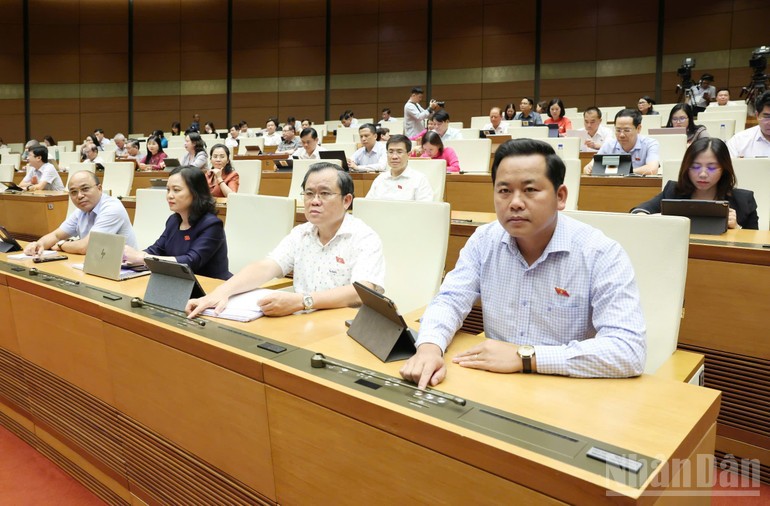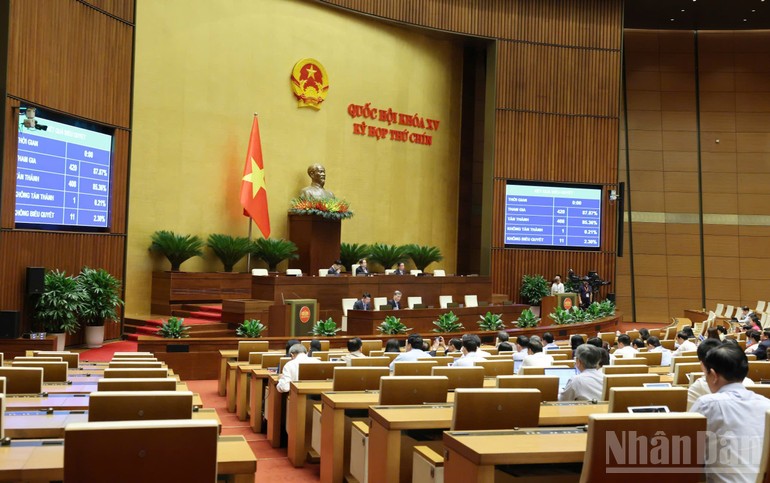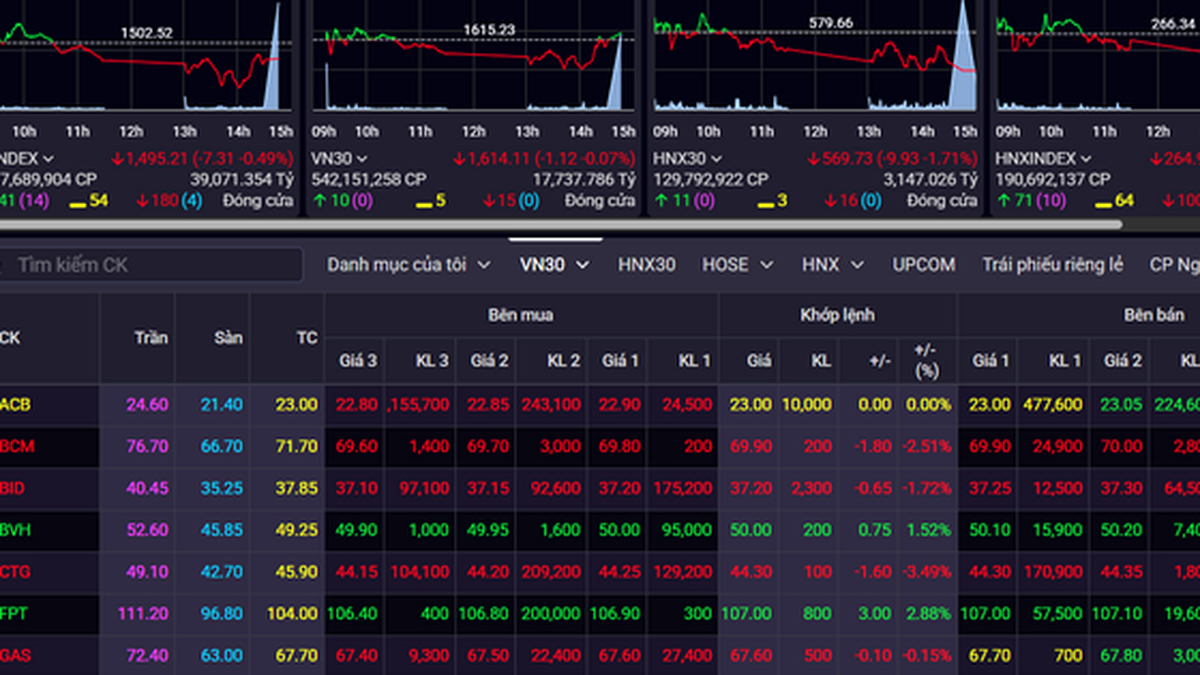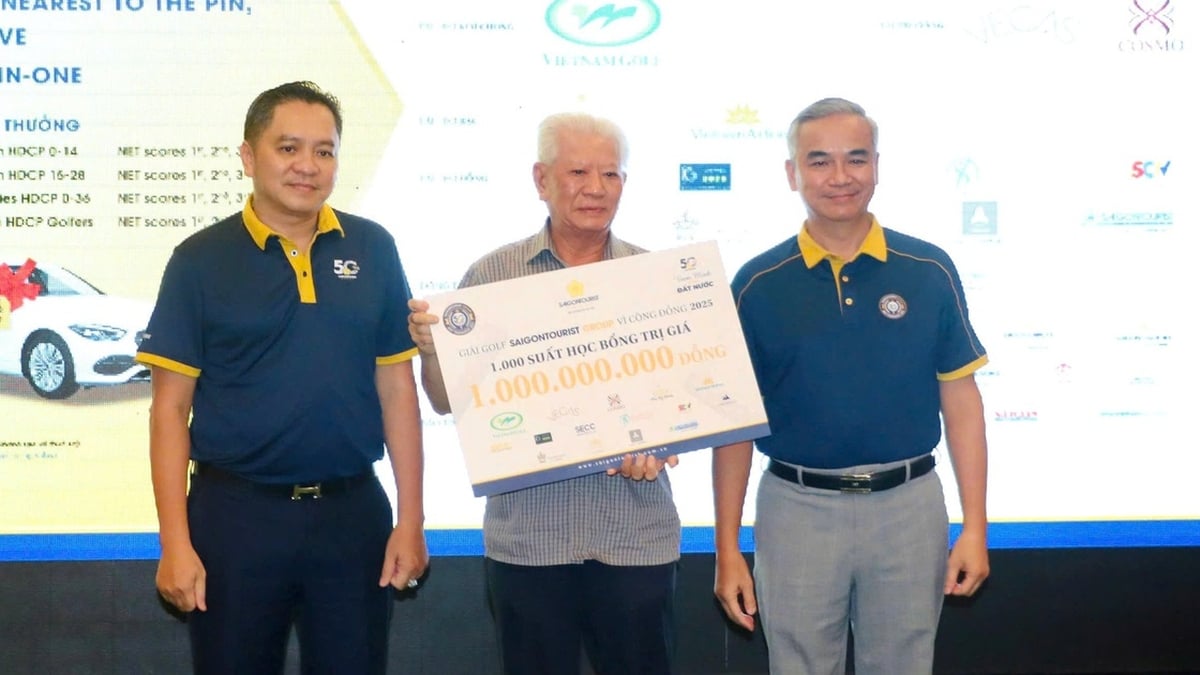On the afternoon of June 18, with 408/420 delegates present voting in favor (equal to 85.35% of the total number of National Assembly delegates), the National Assembly passed the Law amending and supplementing a number of articles of the Law on Product and Goods Quality.
Product and goods management must be consistent with the level of risk.
Regarding the principles of product and goods classification, the Law clearly stipulates that products and goods are classified based on the level of risk, in accordance with international practices; warnings from relevant international organizations regarding products and goods; and the management capacity of state agencies in each period.
Accordingly, products and goods are divided into 3 types: products and goods with low risk level; products and goods with medium risk level; products and goods with high risk level.

Risk assessment criteria include the level of impact on health, environment, ability to control the supply chain and warnings from international organizations.
The management of products and goods must ensure efficiency, publicity, transparency, objectivity, and be appropriate to the level of risk; not discriminate against the origin of goods and related entities, be consistent with international practices, not create unnecessary technical barriers; and protect the rights of the State, the rights and legitimate interests of businesses and consumers.
Specifically, products and goods with low risk levels must have their applicable standards self-declared by organizations and individuals;
Products and goods with an average risk level must be self-declared by organizations and individuals to comply with applicable standards; must be self-assessed or certified by an accredited certification organization to comply with corresponding national technical regulations according to the provisions of law on standards and technical regulations.
Products and goods with high risk levels must be self-declared by organizations and individuals to comply with applicable standards and certified by designated certification organizations to comply with corresponding national technical regulations in accordance with the provisions of law on standards and technical regulations.
Products and goods with medium and high risk levels must be managed according to a list associated with corresponding quality management requirements, which clearly identifies products and goods that are subject to other management measures according to regulations of relevant laws.
The Ministry of Science and Technology is responsible to the Government and the Prime Minister for the unified implementation of state management of product and goods quality. The responsibilities of ministries and branches are assigned to the Government for regulation.
Encourage the application of technology in product and goods quality management
The Law also adds regulations on product and goods quality management to ensure information transparency, traceability, connection and data sharing throughout the entire product and goods life cycle, in line with the requirements of digital economy development, circular economy and international integration.
Accordingly, the Law encourages the application of technology in activities of standards, measurement, conformity assessment, inspection, quality supervision and management of product and goods information, including:
Supply chain management through codes, barcodes, traceability, e-labels and digital platforms.
Collect, store, and analyze data to serve inspection, post-market inspection, investigation, warning, and violation handling.
Apply product digital passports, electronic labels and information on product and goods traceability according to the provisions of law and instructions of competent authorities.
Application of big data and advanced digital technology in standardization, measurement, conformity assessment, testing, quality monitoring and product and goods information management activities.

The law clearly stipulates that the State has policies to promote the application of technology and digital transformation in product and goods quality management; encourage organizations and individuals to invest in facilities, data infrastructure and develop human resources to serve these activities.
The application of digital technology, electronic labels, codes, barcodes and traceability systems must ensure data safety and security throughout the entire process of data collection, storage, processing and sharing; must comply with the principles of information security, privacy and data protection as prescribed by law.
The Law amending and supplementing a number of articles of the Law on Product and Goods Quality takes effect from January 1, 2026.
Regarding transitional provisions, organizations and individuals whose products and goods have been declared to be in conformity with standards, declared to be in conformity with regulations, and granted certificates of conformity or certificates of conformity before the effective date of this Law shall continue to comply with the validity period stated in the contents of the declaration or the granted certificates.
Organizations and individuals who have submitted dossiers for declaration of conformity, declaration of conformity, and registration for inspection of imported goods quality but by the effective date of this Law have not been granted certificates of conformity, certificates of conformity, or have not received notices of inspection of imported goods quality shall continue to comply with the provisions of the Law on Product and Goods Quality No. 05/2007/QH12, which has been amended and supplemented by a number of articles under Law No. 35/2018/QH14.
Source: https://baolaocai.vn/thong-nhat-phan-loai-quan-ly-san-pham-hang-hoa-theo-muc-do-rui-ro-post403468.html



































































































Comment (0)